Healthcare Industry
AI and GenAI in Healthcare
The healthcare industry is undergoing a significant transformation driven by artificial intelligence (AI) and generative AI (GenAI). These technologies are being used in a variety of ways to improve patient care, streamline operations, and accelerate research.
Here are some specific use cases of AI and GenAI in healthcare:
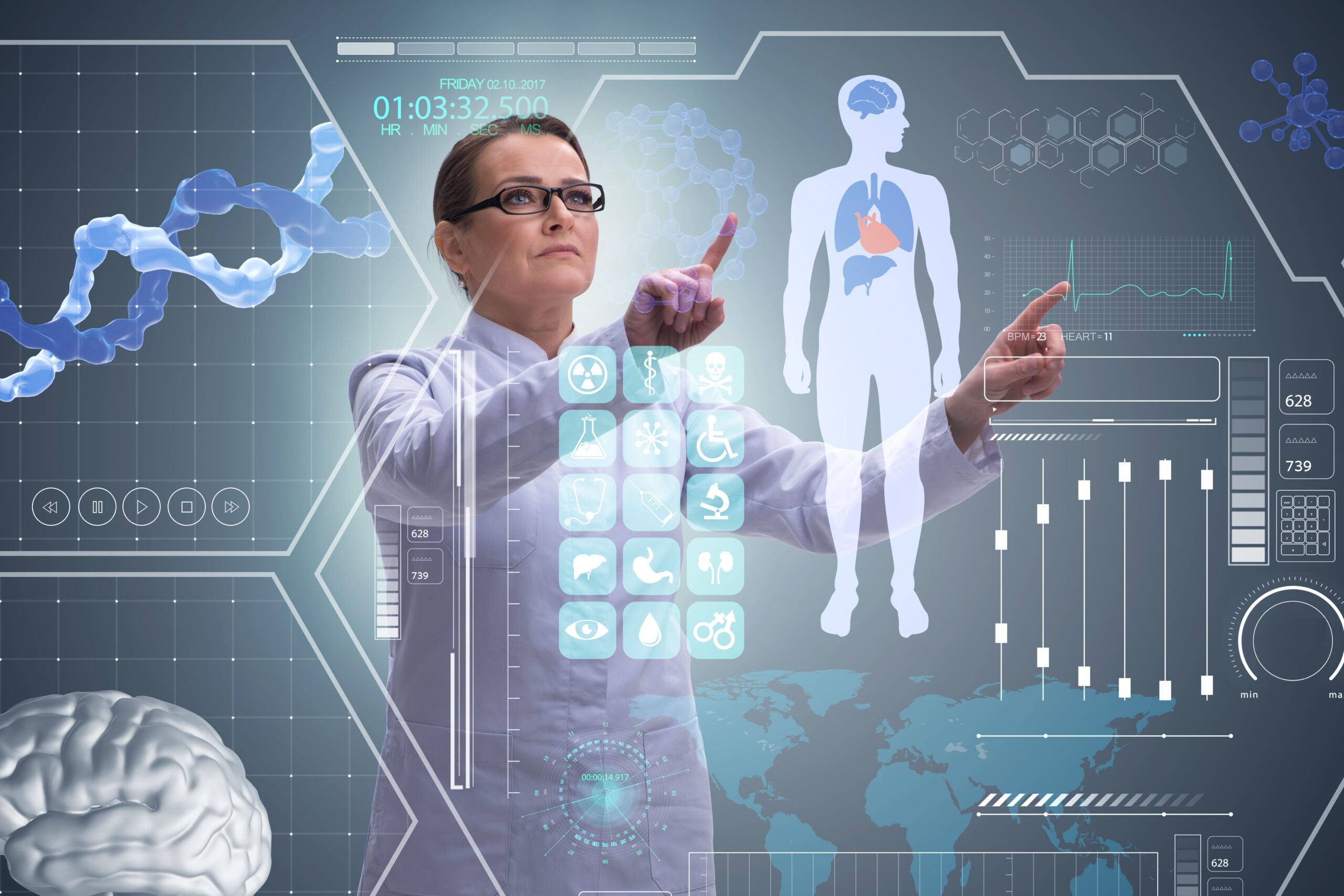
Prior Authorization using GenAI
Automated Data Processing:
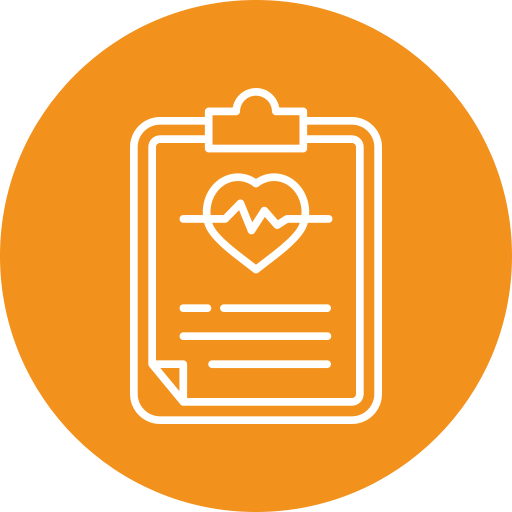
Summarization of Medical Charts
GenAI is excellent in summarizing 100s of pages of medical information and interacting with humans (doctors and nurses in this case) in natural language where you can ask questions and it will answer them.

Intake of Requests
GenAI can automatically process prior authorization requests received in various formats (e.g., electronic, paper-based).

Extraction of Relevant Information
The AI can extract and organize key information from these requests, such as patient details, requested procedures, and relevant medical history.
Eligibility and Policy Verification:
Insurance Verification
The AI can verify the patient’s insurance coverage details, including eligibility for the requested service.
Policy Compliance Checks
GenAI can cross-reference the request against the health plan’s policies and guidelines to ensure compliance.
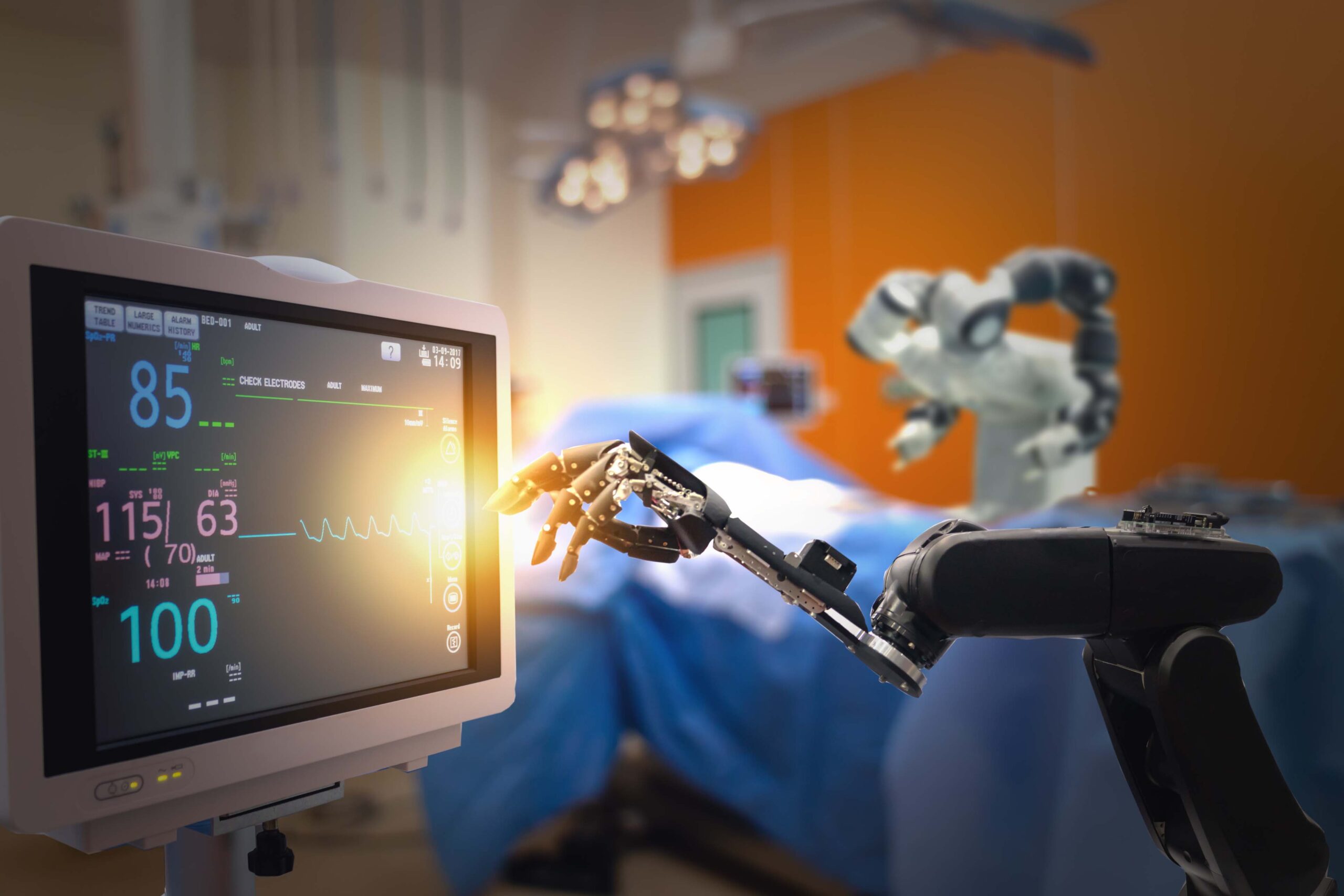
Clinical Criteria Assessment

Medical Necessity Evaluation
The AI system can evaluate the medical necessity of the requested service based on clinical criteria, guidelines, and patient-specific data.

Risk Assessment
It can assess potential risks or contraindications related to the patient's current condition and medical history.
Decision Support
Recommendations for Approval or Denial
Based on the analysis, GenAI can suggest whether to approve or deny the request, or whether additional information is needed.
Explanation for Decisions
AI can provide rationales for its recommendations, aiding transparency.
Communicationand And Documentation

Notification to Providers and Patients
The AI can automate the communication process, informing healthcare providers and patients about the authorization status.

Record Keeping
GenAI can document all steps taken and decisions made during the prior authorization process for future reference and audits.
Integration with Electronic Health Records (EHR)
Seamless Data Exchange
AI systems can be integrated with EHRs for real-time data exchange, enhancing the accuracy and speed of the prior authorization process.
Patient Engagement
Patient Education
AI can provide information to patients about the prior authorization process and the status of their requests.

Transforming the Call Center Experience using GenAI
Generative AI (GenAI) is revolutionizing the call center landscape, impacting both customer experience and agent efficiency:
For Customers
- 24/7 self-service: Chatbots handle simple inquiries, FAQs, and troubleshooting, freeing agents for complex issues.
- Multilingual support: Real-time language translation enables seamless service for multilingual customers.
- Personalized interactions: GenAI generates tailored responses, improving satisfaction and loyalty.
- Faster resolutions: Automated routing and triage ensure swift connection to the right agent.
For Agents
- Knowledge assistance: Real-time suggestions for articles, scripts, and best practices during calls.
- Sentiment analysis and de-escalation: Identifying customer emotions and suggesting de-escalation strategies.
- Personalized response generation: Automating responses for frequent questions and tasks.
- Post-call analysis: Automatically generating call summaries and identifying customer sentiment trends.
Additional Benefits
- Predictive insights: Anticipating potential issues and proactive outreach opportunities.
- Personalized upselling and recommendations: Increasing revenue and customer retention.
- Data-driven optimization: Identifying areas for improvement in service and product offerings.
Ethical Considerations
- Data privacy: Responsible data handling and transparency are crucial.
- Human oversight: GenAI should enhance, not replace, human agents.
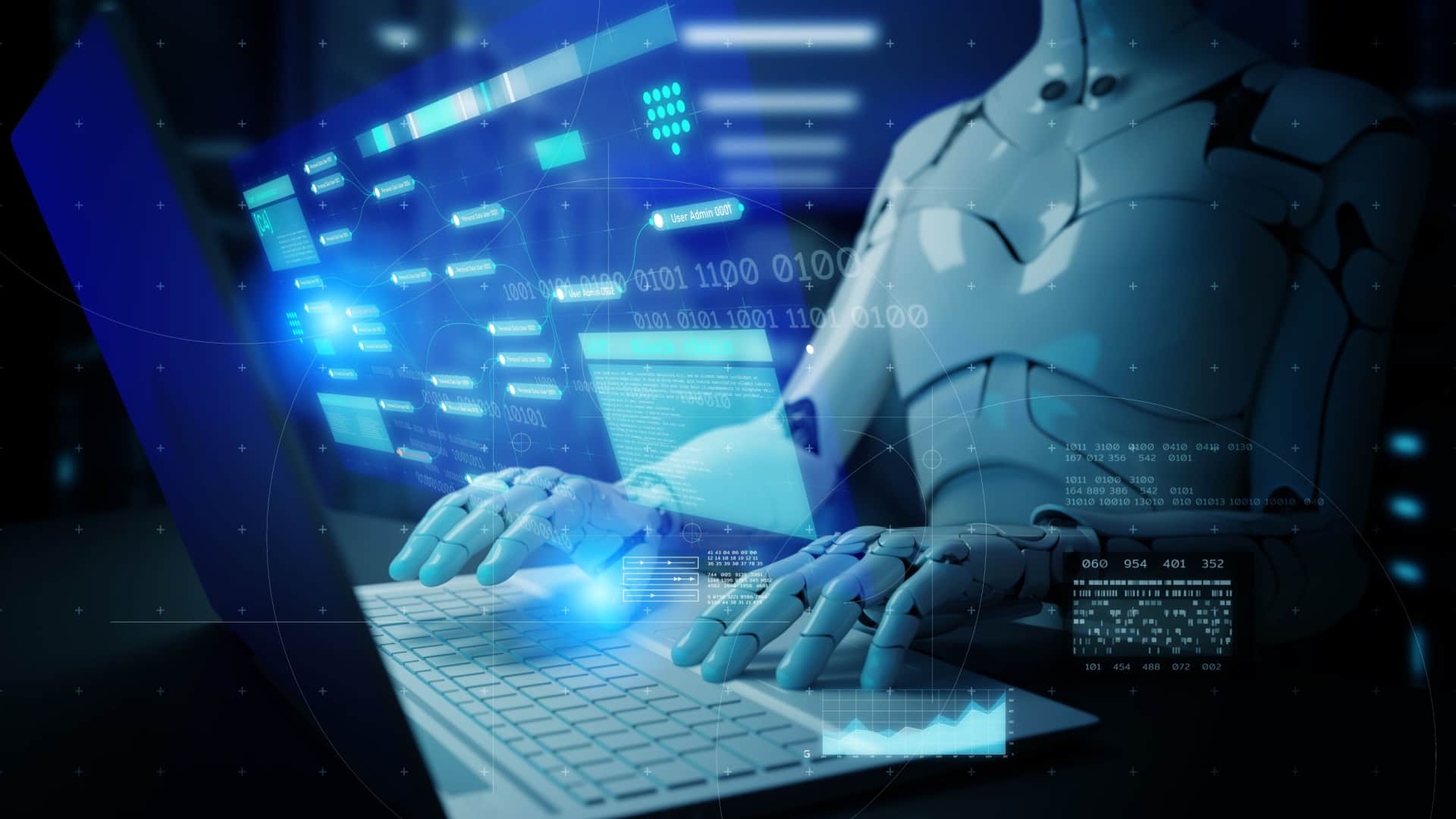
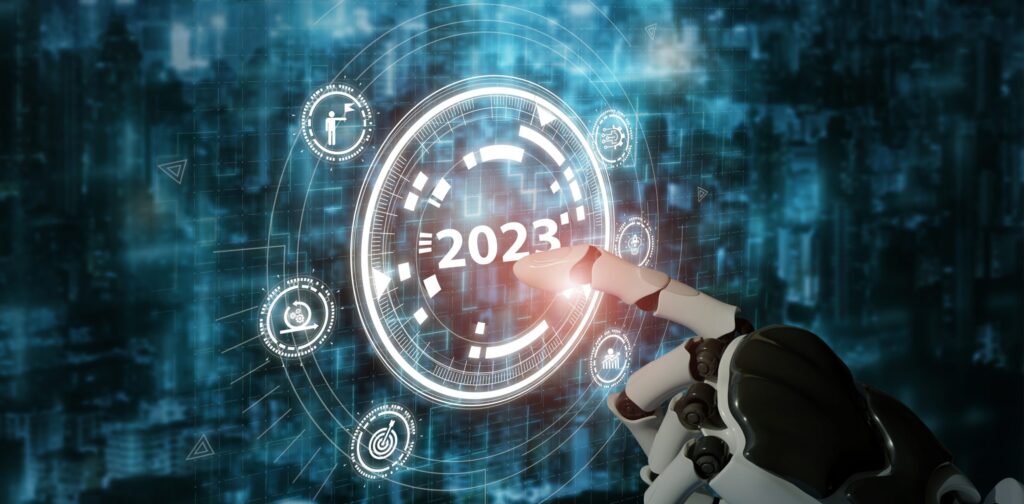
Moving Forward
GenAI holds immense potential to transform the call center, but responsible implementation and ethical considerations are essential to ensure customer satisfaction, agent well-being, and a future-proof call center operation.
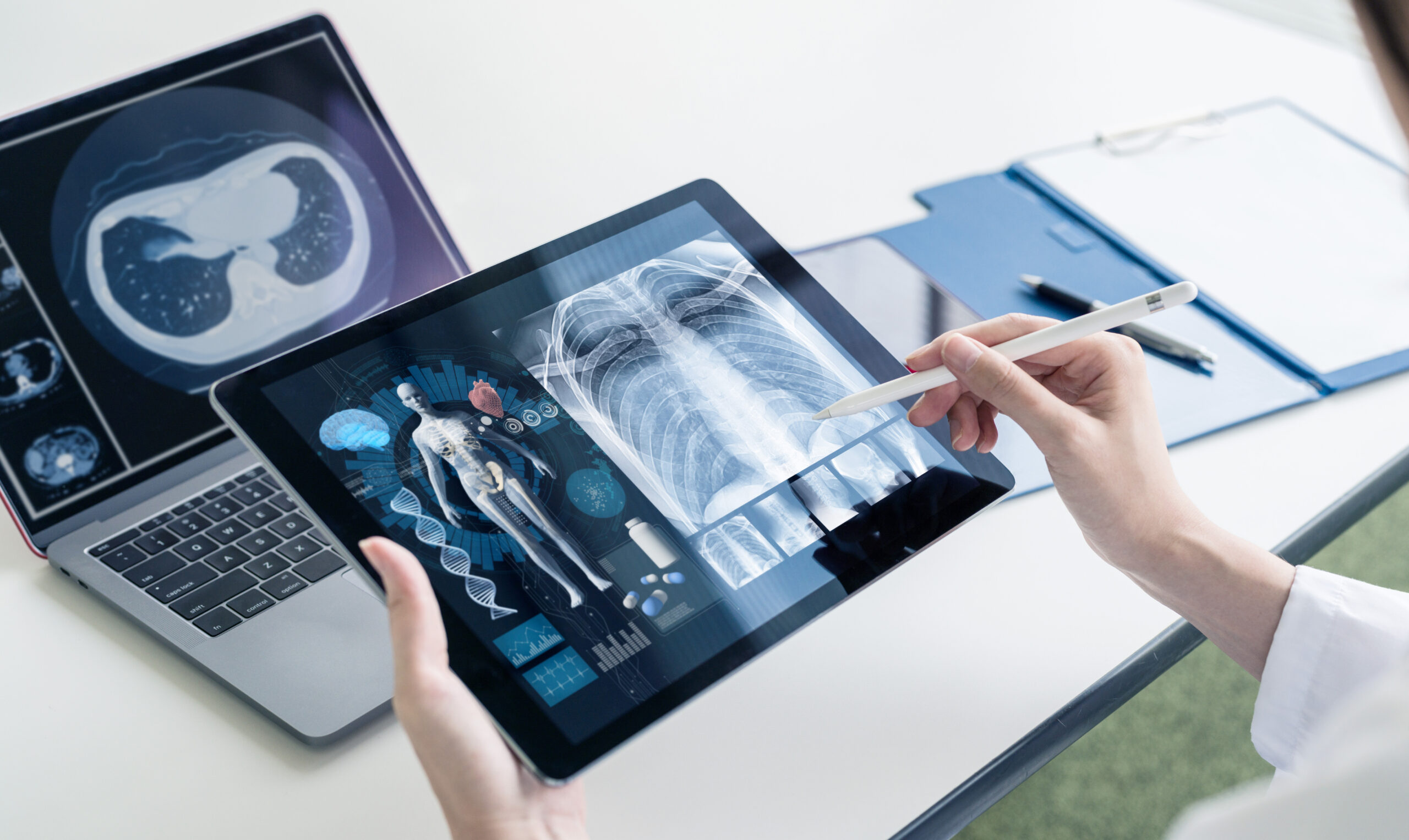
GenAI for Medical Notes summarization
GenAI, or generalized Artificial Intelligence, applied to medical notes summarization, represents a transformative approach in handling healthcare documentation. This technology automates the process of extracting, organizing, and summarizing key information from extensive and complex medical records. The core aspects include:

Automated Data Extraction
GenAI efficiently parses through medical notes to identify and extract crucial data points such as diagnoses, treatments, lab results, and medication history.
01

Natural Language Processing (NLP)
It utilizes advanced NLP techniques to interpret and condense medical jargon and lengthy clinical notes into concise, understandable summaries.
02

Integration with Electronic Health Records (EHR)
GenAI seamlessly integrates with existing EHR systems, ensuring that summaries are synchronized with the latest patient data and easily accessible.
03

Customizable Summaries
The technology allows for the customization of summaries to cater to the specific needs of different healthcare professionals, enhancing usability and relevance.
04
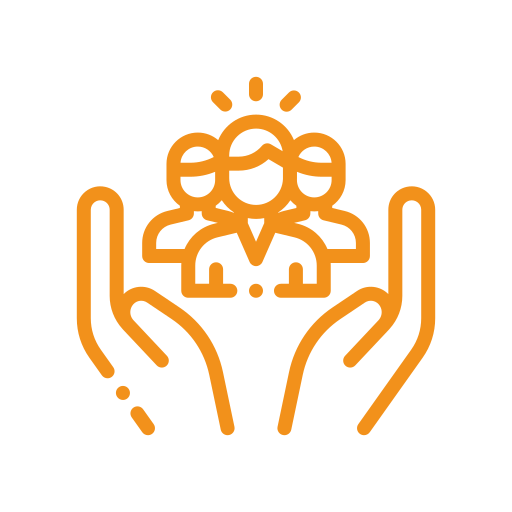
Support for Clinical Decision-Making
By providing quick and easy access to organized patient information, GenAI aids healthcare providers in making more informed and efficient clinical decisions.
05
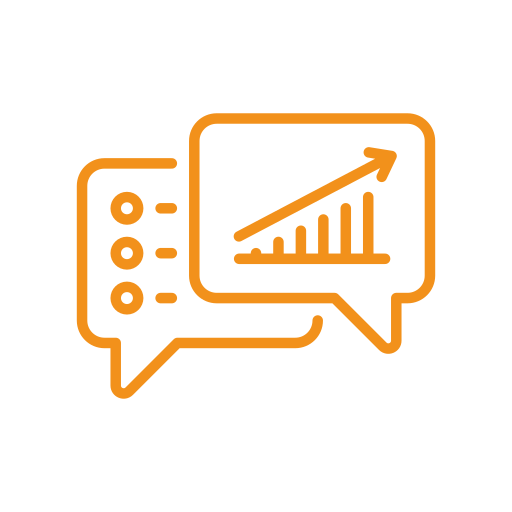
Improved Communication and Collaboration
The summarized notes facilitate clearer communication between healthcare providers and with patients, and support better interdisciplinary collaboration.
06
Time and Resource Efficiency
The automation of note summarization significantly saves time and reduces the administrative burden on healthcare professionals, allowing them to dedicate more attention to patient care.
Standardization And Accuracy
GenAI can standardize the process of medical note summarization, reducing variability and the potential for human error. Compliance and Privacy Considerations: These systems are designed to comply with healthcare regulations such as HIPAA, ensuring the confidentiality and security of patient data.In summary, GenAI for medical notes summarization offers a significant advancement in healthcare documentation management, enhancing efficiency, accuracy, and the overall quality of patient care. However, it’s important to balance the use of AI with human oversight to ensure the highest standards of care and data integrity.


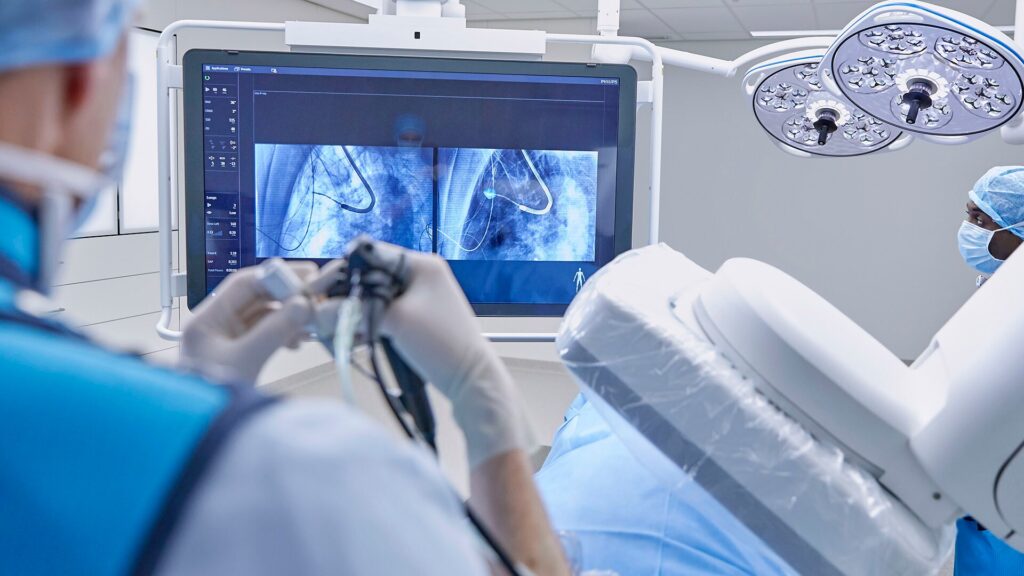
Imaging and Diagnostics using GenAI
AI-powered image analysis: AI algorithms can analyze medical images, such as X-rays, CT scans, and MRIs, to detect abnormalities and help diagnose diseases earlier and more accurately. This can lead to better patient outcomes and reduced healthcare costs.
Drug Discovery And Development
GenAI in Medical Coding and RCM: A Revolution in the Making
Generative AI (GenAI) is shaking up the Medical coding and Revenue Cycle Management (RCM) landscape, bringing exciting possibilities for improved accuracy, efficiency, and automation. Here’s a quick summary:

Automated Medical Coding
- Pre-coding and chart abstraction: GenAI can analyze medical records and suggest appropriate codes, reducing manual work and boosting coding accuracy.
- Real-time code validation: Identify potential errors and missing information during coding, saving time and preventing denials.
- Specialized coding for complex cases: GenAI can handle specific specialties and complex diagnoses with improved accuracy, reducing reliance on coders.
Streamlining RCM Processes
Automated claim submission and error correction: Faster claim submission, fewer rejections, and proactive identification of potential errors lead to quicker reimbursement.Predictive analytics for denials: GenAI can predict claim denials and suggest preventive measures, improving revenuecapture.Personalized patient communication: Automated reminders for outstanding balances and personalized payment plans enhance patient engagement and improve collection rates.
Enhancing Clinical Documentation
- Automatic generation of clinical summaries: GenAI can generate concise and accurate summaries from medical records, improving communication and healthcare delivery.
- De-identification of patient data: Securely anonymize patient data while preserving valuable information for research purposes.
- Virtual documentation assistants: Support physicians and nurses with real-time documentation suggestions and coding guidance.

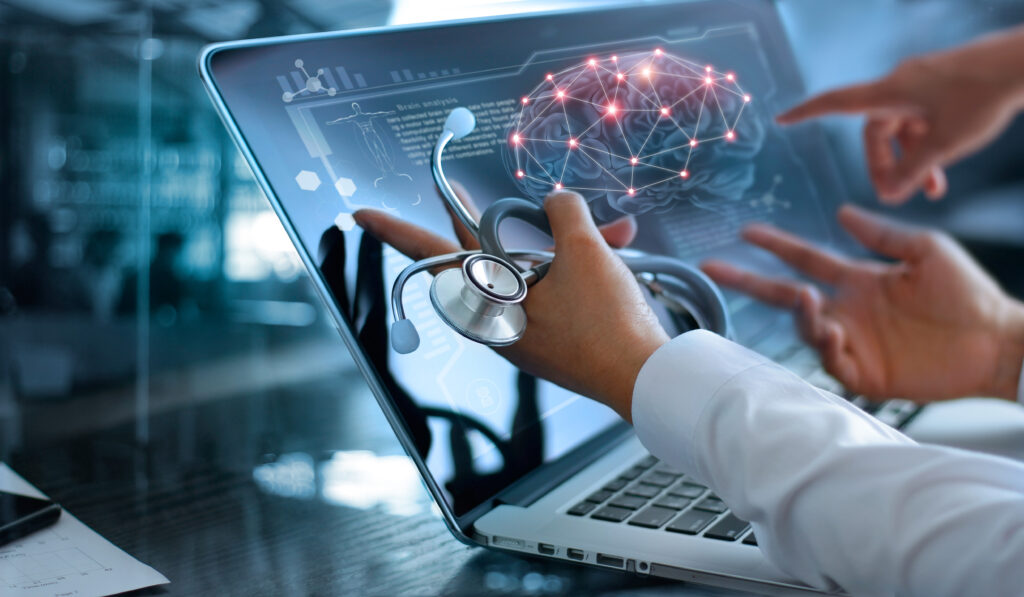
Benefits
- Cost reduction: Automation reduces manual work, errors, and denials, saving time and money.
- Revenue growth: Faster claim processing, fewer denials, and proactive collection strategies lead to improved revenue capture.
- Improved accuracy: Reduced coding errors and better documentation enhance patient care and reduce risk.
- Increased efficiency: Automation Streamlines RCM processes and frees up staff for more critical tasks.
Challenges
GenAI’s potential in Medical coding and RCM is immense, promising significant improvements in accuracy, efficiency, and revenue. Responsible implementation and collaboration between AI experts and healthcare professionals will unlock its full potential and drive a revolutionary transformation in the industry.
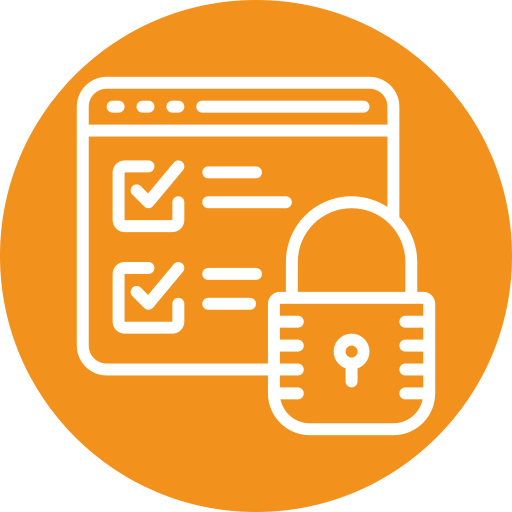
Data privacy and security
Responsible handling of sensitive patient data is crucial.

Human oversight
GenAI should augment, not replace, human experts.

